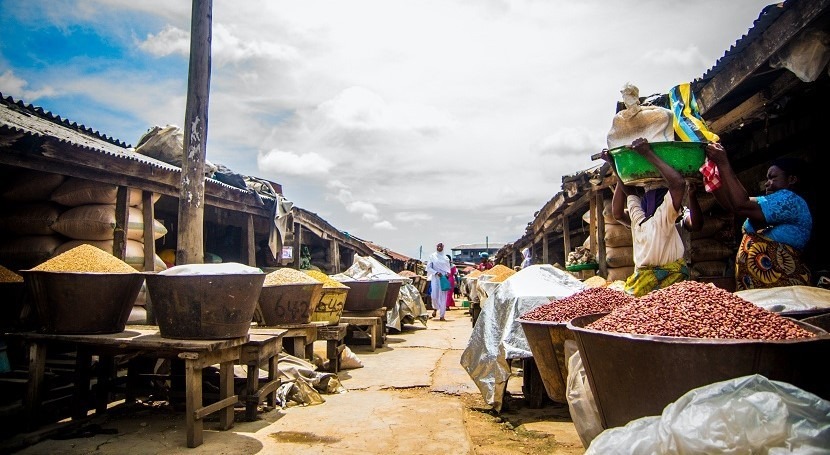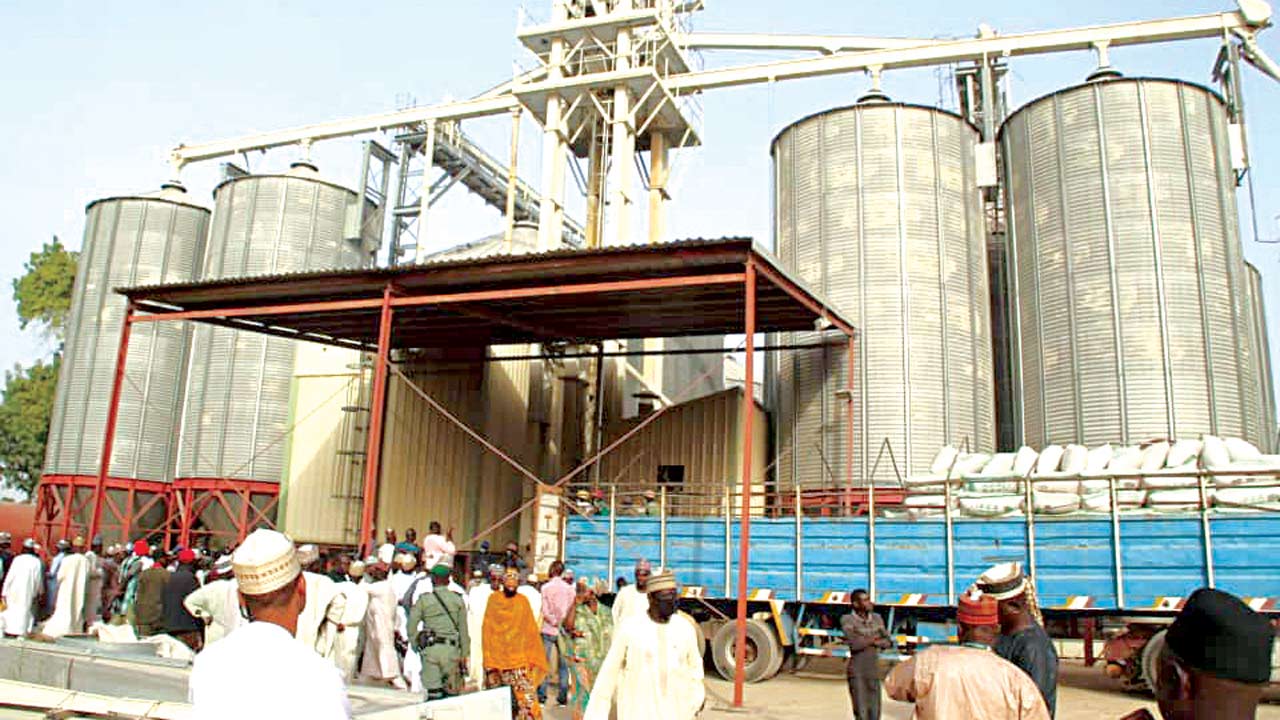The federal government has demonstrated that it would not give in to challenges that tend to work against efforts to achieve food security and self sufficiency in agricultural produces in the country. The latest step along that line is the inauguration in Abuja recently of the Agricultural Sector Working Group, ASWG. The exercise was performed by the Minister of Agriculture and Food Security, Senator Abubakar Kyari, who declared that it was part of efforts to strengthen the country’s agricultural sector. He, therefore, implored stakeholders in the sector to work together towards achieving the desired goal for self sufficiency in agricultural production.
The inauguration of the ASWG, which was co-hosted by the Ministry of Agriculture and ActionAid Nigeria, the Nigerian office of the international non-profit organisation, is a response to an African Union protocol aimed at building on the agriculture potential of the countries in the continent.
The minister confirmed this when he said that the formation of the group resonates with the African Union Heads of State’s resolution on agri-food system transformation, which aims to improve food security, nutrition, and sustainable agricultural development across the continent.
Senator Kyari emphasized that member states, including Nigeria, are expected to align their national priorities with this vision to cultivate a resilient and thriving agricultural landscape.
While stating the country’s role in the global ecosystem and the need to track performance as well as emphasise the importance of being proactive, the minister said, “Through structured dialogue and shared expertise, we can ensure that our policies, programs, and projects are tailored to meet both the current and future challenges in agriculture and food security.”
Sen. Kyari envisioned the Agricultural Sector Working Group as this crucial mechanism, providing a forum for monitoring progress, enhancing accountability, and mobilizing collective action towards achieving shared agricultural objectives.
Mr. Azubike Nwokoye, Food and Systems Specialist at ActionAid Nigeria, said the step taken by the minister was commendable in view of the laid of coordination that had bedeviled the sector in the past. Nwokoye was particularly delighted that he was part of the development. According to him, the ASWG would improve governance within the sector and address the critical issue of access to credit in Nigeria. He acknowledged the Minister’s pivotal role in securing the approval of N1.5 trillion for the recapitalisation of agriculture and urged for its effective implementation.
This, he said, would help the small-holder farmers who he said had been negatively impacted by lack of finance, even before the crisis of insecurity.
Not only that, Nwokoye further commended the take-off of the National Agricultural Development Fund as a potential additional funding source for the agricultural sector, with the aspiration that it would receive increased resources.the immediate advantage here, according to him, is that at the end of the day what comes to the Agriculture in the general annual funding would surpass the minimum of 10 percent budgetary allocation prescribed by the Malabo declaration. Mr. Nwokoye, therefore, pledged that ActionAid would diligently provide relevant information to the platform, as well as assess the impact of the interventions on smallholder farmers. The ActionAid boss volunteered information about the problems with similar interventions by the government in the past, when he said that unknown to the government some private sector entities contracted to collaborate in running some of the schemes had distributed adulterated inputs to unsuspecting farmers thereby causing them irreparable damage.
He also express optimism that the initiative will address issues of exploitation of farmers by some middle men, while it will also help other initiatives like the new processing zones.
The Minister of Finance and Coordinating Economy, Mr. Wale Edun, said the initiative was an immediate response to the concern expressed last year by the African Union Assembly regarding the continent’s slow progress towards meeting the Comprehensive Africa Agricultural Development Program (CAADP)’s Malabo Declaration goals by 2025.
He explained that this concern, coupled with emerging threats to the African agri-food system, led to the development of the post-Malabo agenda discussed in Kampala earlier this year. He emphasised President Bola Tinubu’s commitment to food production, food security, and making food available and affordable in Nigeria.
Reflecting on the CAADP strategy and action plan for 2026-2035, Mr. Edun highlighted potential risks and uncertainties, including socio-economic, environmental, and climate change-related shocks, that could impact the agri-food system’s transformation. He stressed the need for the strategy to be flexible, agile, and adaptable to unforeseen circumstances.
For this to be achieved, Mr. Edun emphasised the necessity for institutional adaptation to changes in a complex and rapidly evolving context. He underscored the importance of identifying major risks and uncertainties and outlining corresponding mitigation actions.
The Finance minister stated that the Agricultural Sector Working Group would need to prioritise collaboration with development partners to effectively implement the post-Malabo agenda for food security and food production in Africa.












